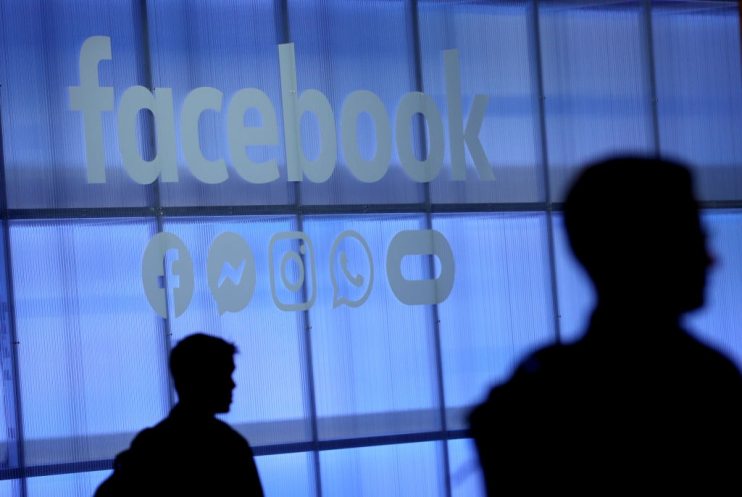Facebook and Nick Clegg urged to disclose child sexual abuse after offenders used FB in 5,100 grooming crimes, claims NSPCC

Police recorded 24 online grooming crimes every week where offenders used Facebook-owned sites in an attempt to target children for sexual abuse between 2017 and 2021.
That’s 5,120 sexual communication with a child offences that have involved Facebook, Instagram and WhatsApp since the law came into force in April 2017, according to the NSPCC this morning.
Facebook-owned platforms were used in 53 per cent of online grooming crimes where the means of communication was known, the group said.
The group released the figures ahead of Facebook whistleblower Frances Haugen appearing before MPs scrutinising the Online Safety Bill later today.
Freedom of information requests
The figures, obtained by freedom of information requests to police forces in England and Wales, show there were 18,436 Sexual Communication with a Child offences recorded between April 2017 and March 2021. The means of communication was known in just over half (9,660).
The NSPCC believe the figures are just the tip of the iceberg as many incidents of grooming go unreported.
A 15-year-old girl told Childline: “I’ve been chatting with this guy who’s like twice my age. This all started on Instagram but lately our chats have been on WhatsApp. He seemed really nice to begin with, but then he started making me do these things to ‘prove my trust to him’, like doing video chats with my chest exposed.”*
Last week the NSPCC and almost 60 global child protection organisations wrote to Mark Zuckerberg demanding he publishes the research Facebook have about the harm their platforms cause children, including how their services and design choices contribute to child sexual abuse.
As they await a response, the charity highlighted previously unreleased polling conducted with YouGov at the start of the year that shows 18 per cent, less than one in five, UK adults trust Facebook to make the right decisions when it comes to protecting children from child abuse online.
Online Safety Bill
It comes after the Prime Minster vowed criminal sanctions for those responsible for allowing harmful content to permeate the internet as part of the Online Safety Bill.
The NSPCC have argued that criminal sanctions for tech bosses whose decision-making puts children at risk of harm and abuse on their platforms are absolutely vital if regulation is going to prevent avoidable harm.
They said the comments were a welcome step forward from the insufficient measures in the draft Online Safety Bill.
“Frances Haugen’s brave actions have shown the harm Facebook is causing children’s mental health. The evidence we have gathered also reveals the extent to which their sites are being used by offenders to groom children,” commented NSPCC Chief Executive Sir Peter Wanless.
“Instead of scribbling defensive blogs and setting their PR machine on journalists, Nick Clegg and Mark Zuckerberg must now publish all their research into how their platforms contribute to harm and sexual abuse and step up their efforts to fix their sites so they are safe for children,” Wanless added.
“Meanwhile, Boris Johnson has a golden opportunity to change the global landscape with the Online Safety Bill if he turns the promises made this week into tough legislation,” he concluded.